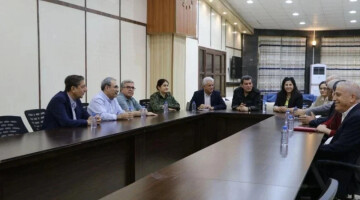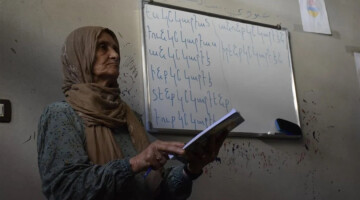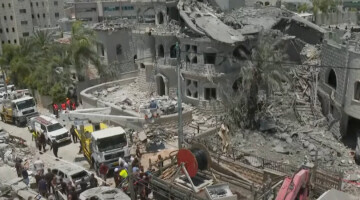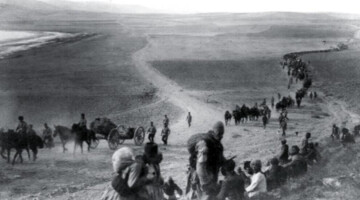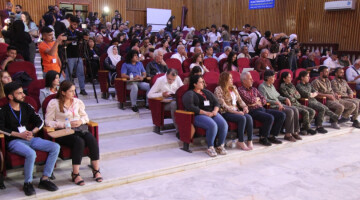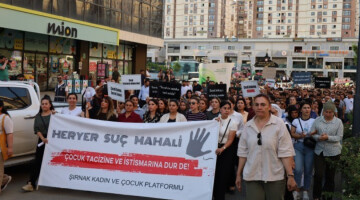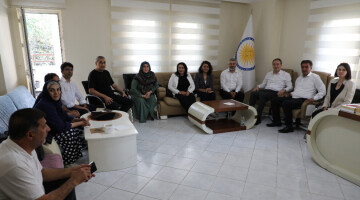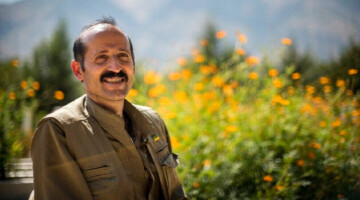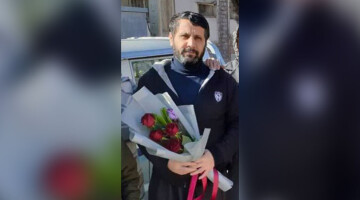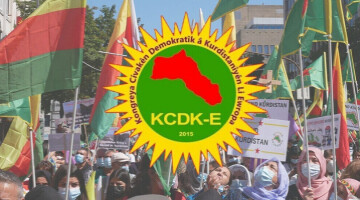Guerrillas Hogir Pîrosî and Mazlum Partizan were killed in a Turkish attack in the Garê region of South Kurdistan a year ago.
The Press Center of the People's Defense Forces (HPG) said in a statement: "Our comrades Hogir and Mazlum saw themselves as responsible for the freedom of our people and fought for this goal without hesitation. With their clear stance in their lives and in their struggle, they were exemplary apoist militants of the freedom guerrillas."
The HPG declared and expressed their condolences to the families and the people of Kurdistan, and provided the following information on the identity and life and struggle of the two guerrillas:
 Code name: Hogir Pîrosî
Code name: Hogir Pîrosî
First and last name: Halil Yiğit
Place of birth: Şirnex
Names of mother and father: Zülfüye - Hasan
Date and place of death: September 6, 2023 / Garê
 Code name: Mazlum Partizan
Code name: Mazlum Partizan
First and last name: Muhammed Reşîd
Place of birth: Efrîn
Names of mother and father: Neriman - Seydo
Date and place of death: September 6, 2023 / Garê
Hogir Pîrosî
Hogir Pîrosî was born and grew up in the village of Pîrosî in Şirnex-Elkê. Life in the natural village community shaped his personality. He resisted the Turkish state's attempts to assimilate him and preserved his Kurdish identity. The state's campaigns of extermination in the Botan region led to a rebellious attitude in him at a young age. Life in the city did not appeal to him; he preferred to work with animals and plants as a farmer in the village.
When he took up paid work in the city for a while to support his family financially, he became even more aware of the oppression of his people. In 2007, he came into closer contact with the Kurdish freedom movement and wanted to join the guerrillas. At first he was given self-defense tasks in the cities, and it was not until 2010 that he was able to make his way to the mountains and make his dream come true.
Because he was familiar with life in the mountains and had gained experience in the movement in previous years, it was not difficult for him to settle into the modest and collective guerrilla life. After about a year in the Medya Defense Areas, he returned to his previous field of activity in the cities and played a key role in creating an awareness of the need for self-defense among the population.
In 2016, he took part in the resistance for self-government in Silopi. From 2017, he was back in the mountains, first in the Cûdî area and then for further training and practical tasks in the Medya Defense Areas. These tasks required great trust in him, and he completed them with discipline, care and a high work pace.
The HPG described Hogir as a person with a mature personality who believed in his goals and fought for them with sacrifices to the end.
Mazlum Partizan
Mazlum Partizan was born in the village of Meydana in Efrîn-Raco and grew up in a family associated with the Kurdish liberation movement. He felt great sympathy for the guerrillas from a young age and was deeply affected when deaths occurred near his village in 2008.
When he took part in mine clearance in the border area in 2010, the Syrian Baath regime began to search for him. He then crossed the border and stayed in Bakur (North Kurdistan) for a while.
In the early days of the revolution in Rojava, he returned and wanted to join the armed resistance. Because he was still too young, his request was initially rejected.
In 2016, he was able to join and, after training, take part in the fight against ISIS. His older brother Kahraman (Kemal Reşîd) was killed in 2018 in the resistance against the Turkish invasion of Afrin. In 2019, Mazlum took part in the defense of Girê Spî and Serêkaniyê against the Turkish army and its mercenaries and then went to the mountains. There he supplemented his combat experience with knowledge of special guerrilla tactics and intensively studied Abdullah Öcalan and his own personality.
"Later, he took part in important work that required a high level of trust. With his practice, he demonstrated how an apoist militant should live," the HPG said in its statement.

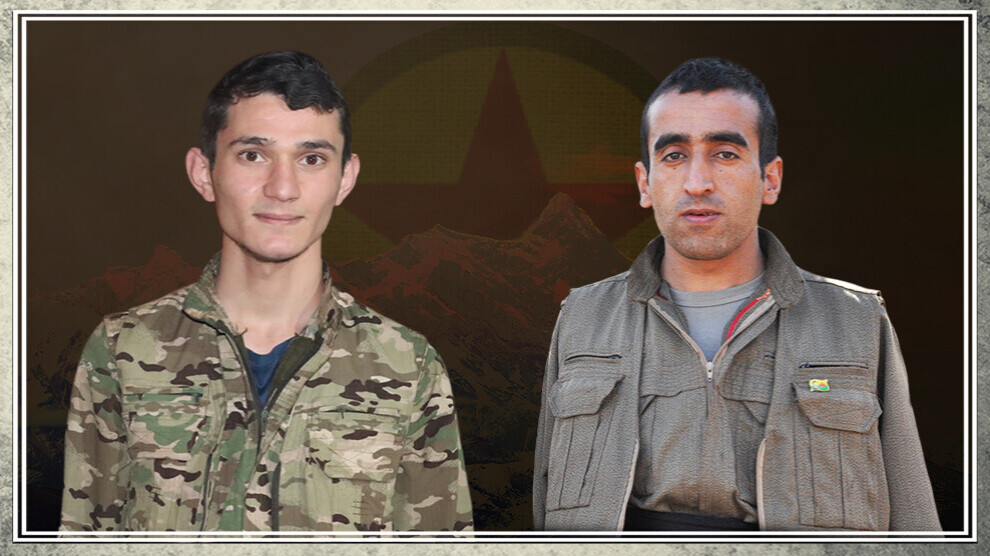
 Code name: Hogir Pîrosî
Code name: Hogir Pîrosî Code name: Mazlum Partizan
Code name: Mazlum Partizan


